Every now and again, we hear something in Scripture, as in our Gospel today, that reminds us to not just listen, but act. We need to be doers of the Word, not just hearers, as St. James says (James 1:22). Easy, right? It seems that way, but we have to recognize that this is something Jesus thought was worth emphasizing to His own listeners. It would be worthwhile to look at exactly how we can carry out this admonition.
We first need to listen. Notice that Christ praises the one who “listens to these words of mine and acts on them” (Matt. 7:24). There is a difference between listening and merely hearing. I noticed this recently in my own life. I had been preventing myself from listening. While engaged in conversation, I found myself either passively doing something else, like listening to a podcast, or paying just enough attention to be able to repeat what the other person said, but no more. I heard what was being said, but I did not internalize, process, or integrate it.
For me, this was because I was not paying enough attention, dropping both my external and internal distractions in order to be a true listener. As part of this process, I have begun to return to conversations in my down time, reflecting on what was asked of me and how I can implement it. For example, if my spouse or friend expresses a desire to go camping soon, how can I take concrete steps to make it a reality, rather than simply agreeing before moving on with my own concerns?
Christ asks us to listen. That means during Mass and while meditating on the Word, we must eliminate those distractions within our power: our thoughts of errands, our cell phones, noise. With distractions minimized, we can be receptive and attentive, which takes its own kind of energy. Then, we ought to return to the Word throughout the day, perhaps during the time that we’d normally be scrolling social media or letting our mind wander. What does it really mean, and how can we carry it out in our lives?
This will help us to listen, but then we need to act. How do we do God’s will? It’s a good step to do our own reflection on the readings at Mass and read Scripture consistently. Things like the Homily and the lives and writings of the saints can be helpful here as well. It’s good to see how others are making God’s Word practical, especially when those others are now praising Him in heaven.
Once we have listened to and reflected upon the meaning of the Word, we should actually do it. Understanding what to do is not quite doing God’s will; we need to make a practical plan. What concrete things will we do, today or this week, to make Christ’s words a reality? How will we turn the most significant resolutions into consistent, lasting practices? Who can help us do this?
The only thing left, then, is to start doing. Let us pray that the Lord will give us the grace to listen, understand, and act.
 David Dashiell is a freelance writer, editor, and proofreader based in the Pittsburgh, Pennsylvania area. His writing has been featured in Crisis Magazine and The Imaginative Conservative, and his editing is done for a variety of publishers, such as Sophia Institute and Scepter. He can be reached at ddashiellwork@gmail.com.
David Dashiell is a freelance writer, editor, and proofreader based in the Pittsburgh, Pennsylvania area. His writing has been featured in Crisis Magazine and The Imaginative Conservative, and his editing is done for a variety of publishers, such as Sophia Institute and Scepter. He can be reached at ddashiellwork@gmail.com.
Feature Image Credit: II ragazzo, https://www.cathopic.com/photo/16702-oracion
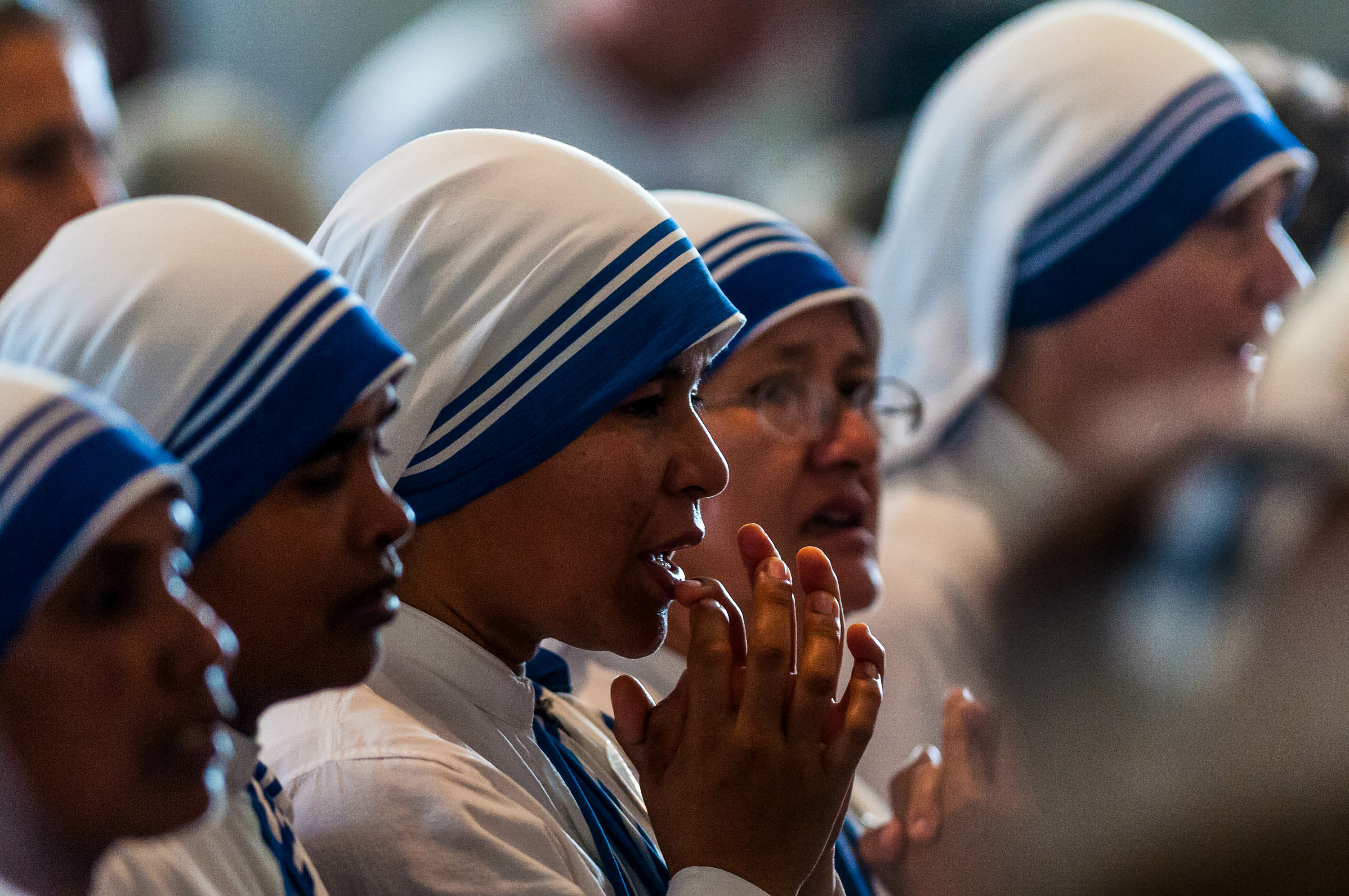



 Kathryn James Hermes, FSP, is the author of the newly released title
Kathryn James Hermes, FSP, is the author of the newly released title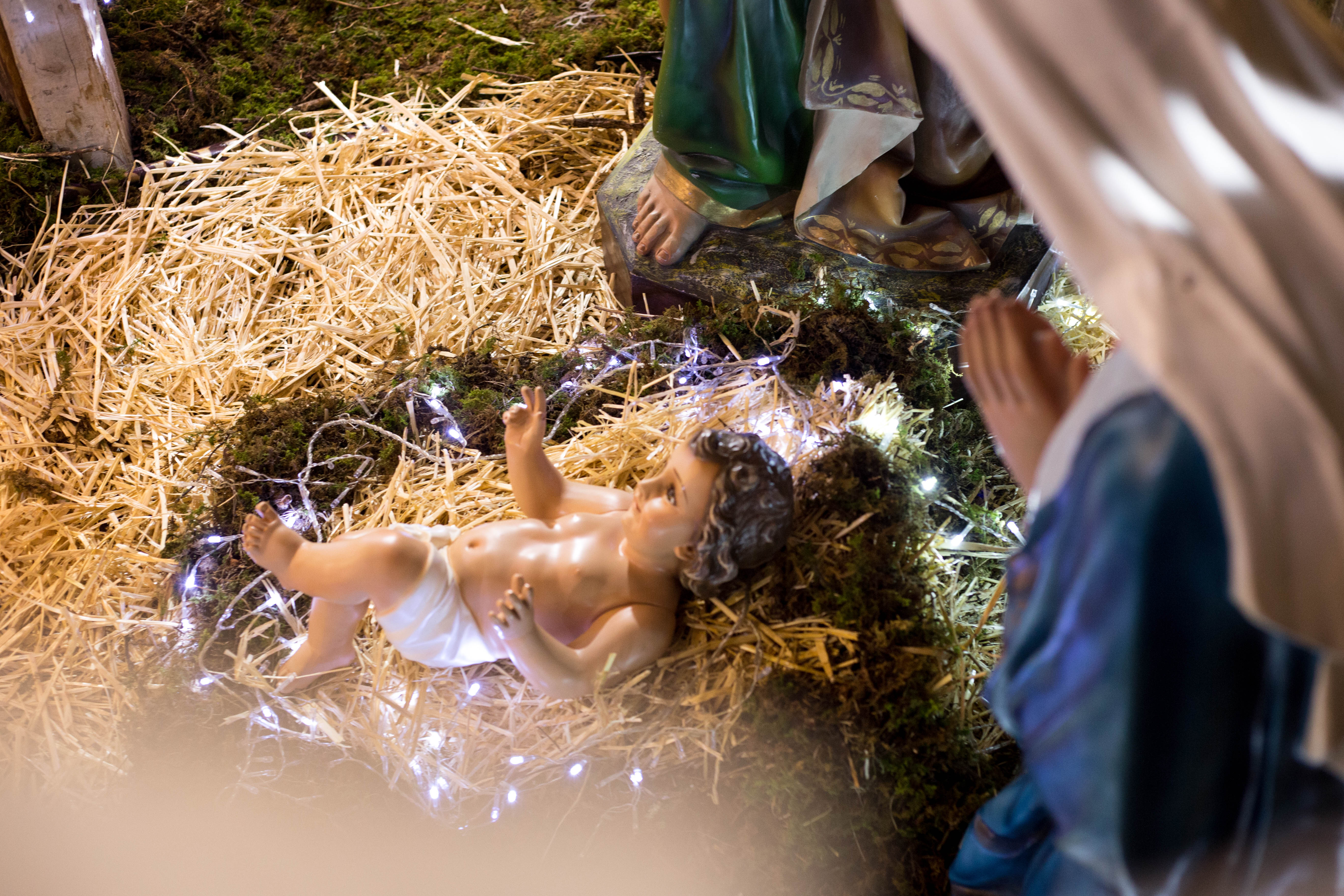

 Merridith Frediani loves words and is delighted by good sentences. She also loves Lake Michigan, dahlias, the first sip of hot coffee in the morning, millennials, and playing Sheepshead with her husband and three kids. She writes for Catholic Mom, Diocesan.com, and her local Catholic Herald. Her first book Draw Close to Jesus: A Woman’s Guide to Adoration is available at Our Sunday Visitor and Amazon. You can learn more at
Merridith Frediani loves words and is delighted by good sentences. She also loves Lake Michigan, dahlias, the first sip of hot coffee in the morning, millennials, and playing Sheepshead with her husband and three kids. She writes for Catholic Mom, Diocesan.com, and her local Catholic Herald. Her first book Draw Close to Jesus: A Woman’s Guide to Adoration is available at Our Sunday Visitor and Amazon. You can learn more at 
 Deacon Dan Schneider is a retired general manager of industrial distributors. He and his wife Vicki have been married for over 50 years. They are the parents of eight children and thirty grandchildren. He has a degree in Family Life Education from Spring Arbor University. He was ordained a Permanent Deacon in 2002. He has a passion for working with engaged and married couples and his main ministry has been preparing couples for marriage.
Deacon Dan Schneider is a retired general manager of industrial distributors. He and his wife Vicki have been married for over 50 years. They are the parents of eight children and thirty grandchildren. He has a degree in Family Life Education from Spring Arbor University. He was ordained a Permanent Deacon in 2002. He has a passion for working with engaged and married couples and his main ministry has been preparing couples for marriage.
 Kate Taliaferro is an Air Force wife and mother. She is blessed to be able to homeschool, bake bread and fold endless piles of laundry. When not planning a school day, writing a blog post or cooking pasta, Kate can be found curled up with a book or working with some kind of fiber craft. Kate blogs at
Kate Taliaferro is an Air Force wife and mother. She is blessed to be able to homeschool, bake bread and fold endless piles of laundry. When not planning a school day, writing a blog post or cooking pasta, Kate can be found curled up with a book or working with some kind of fiber craft. Kate blogs at 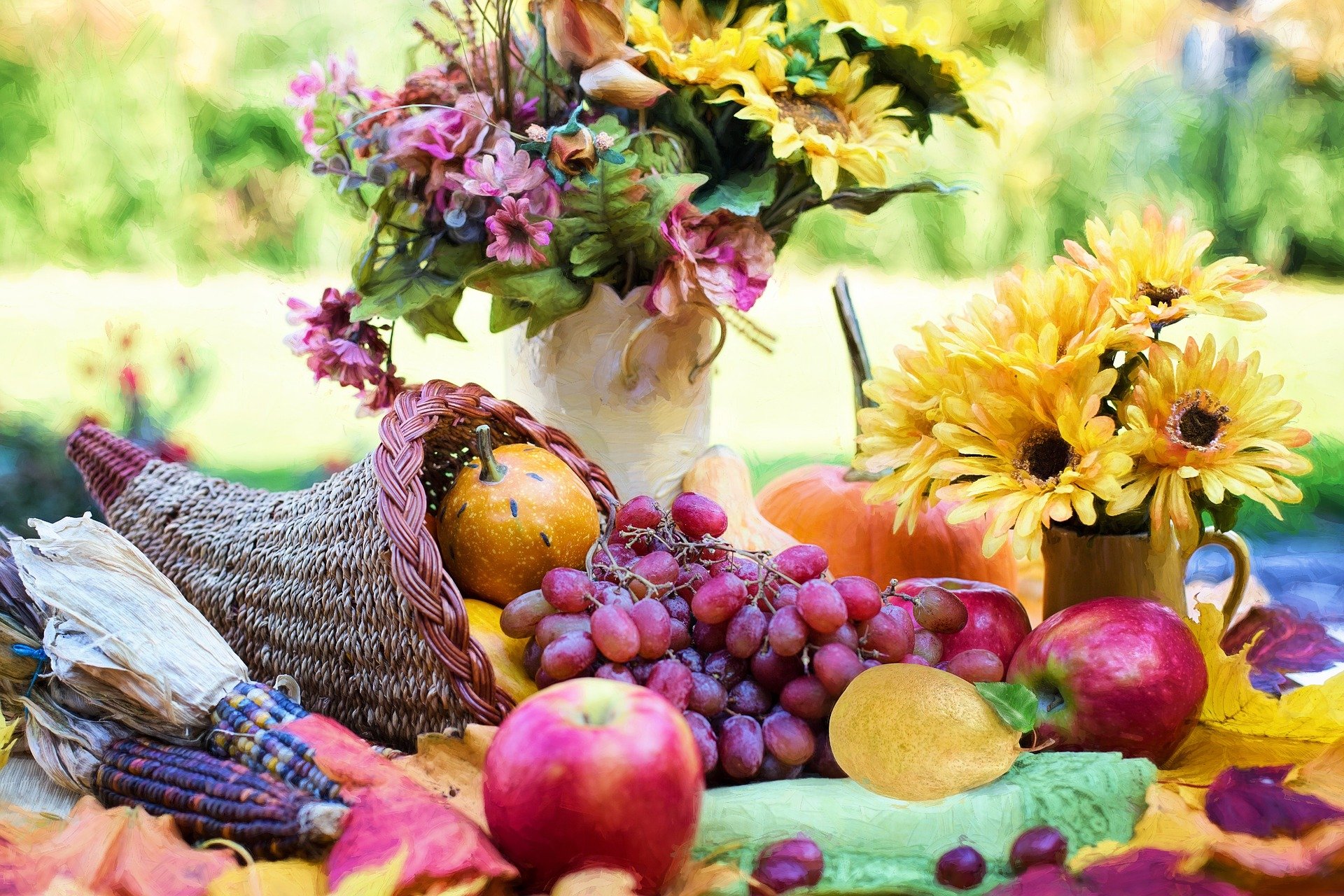

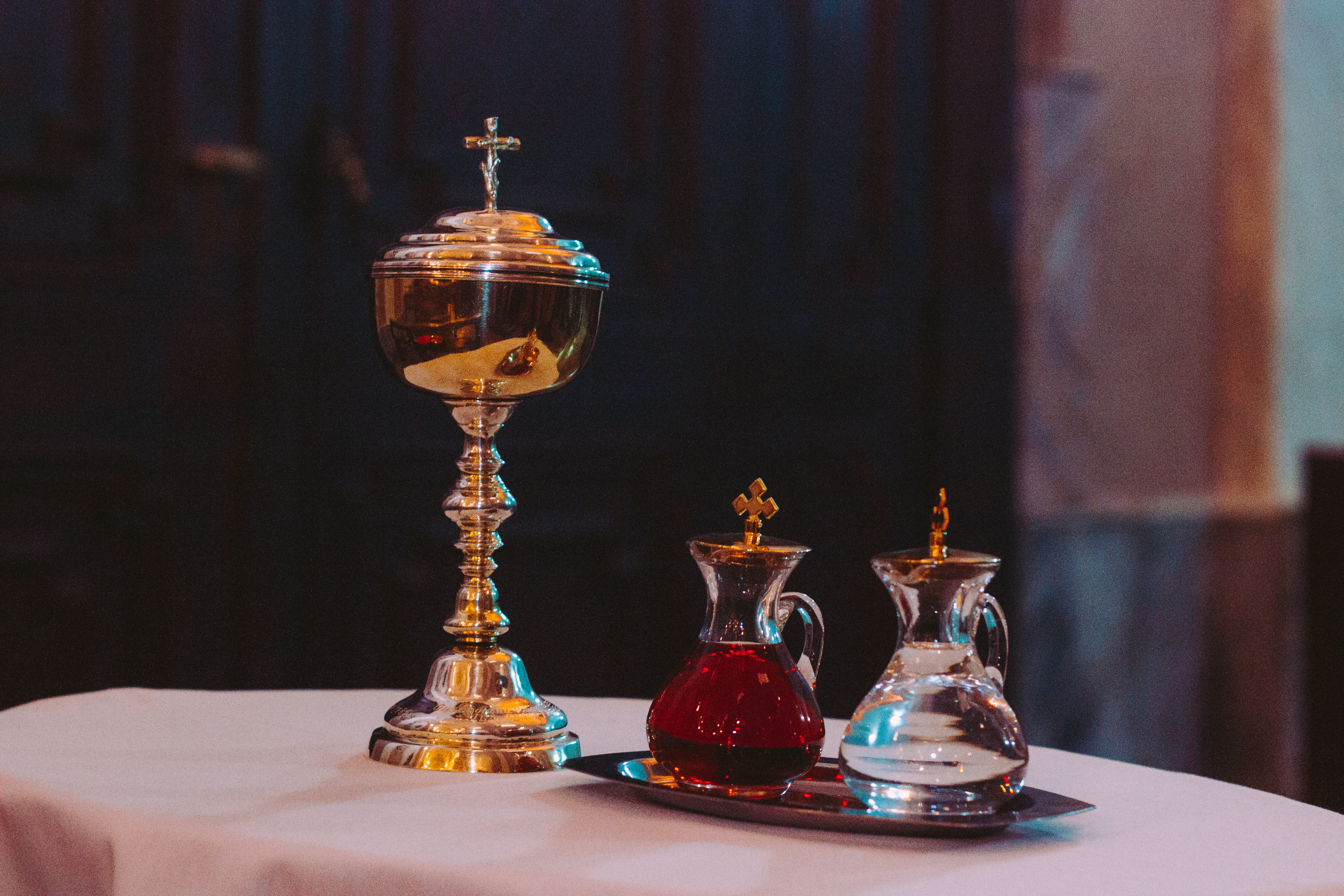

 Susan Ciancio has a BA in psychology and a BA in sociology from the University of Notre Dame, with an MA in liberal studies from Indiana University. For the past 17 years, she has worked as a professional editor and writer, editing both fiction and nonfiction books, magazine articles, blogs, educational lessons, professional materials and website content. Eleven of those years have been in the pro-life sector. Currently Susan freelances and writes weekly for HLI, edits for American Life League, and is the editor of Celebrate Life Magazine. She also serves as executive editor for the Culture of Life Studies Program-an educational nonprofit program for K-12 students.
Susan Ciancio has a BA in psychology and a BA in sociology from the University of Notre Dame, with an MA in liberal studies from Indiana University. For the past 17 years, she has worked as a professional editor and writer, editing both fiction and nonfiction books, magazine articles, blogs, educational lessons, professional materials and website content. Eleven of those years have been in the pro-life sector. Currently Susan freelances and writes weekly for HLI, edits for American Life League, and is the editor of Celebrate Life Magazine. She also serves as executive editor for the Culture of Life Studies Program-an educational nonprofit program for K-12 students.

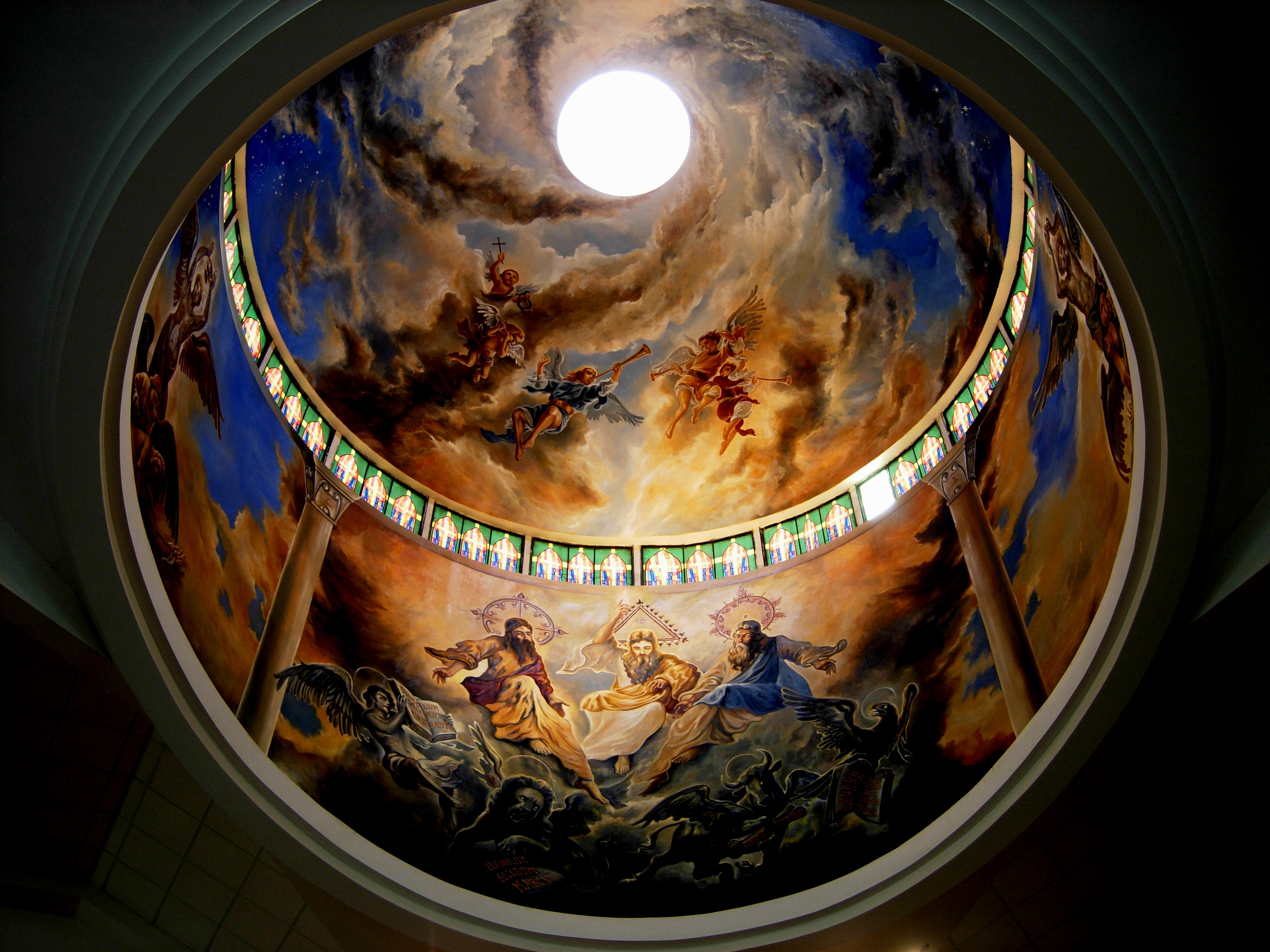
 Kathryn Mulderink, MA, is married to Robert, Station Manager for Holy Family Radio. Together they have seven children (including Father Rob), and four grandchildren. She is President of the local community of Secular Discalced Carmelites and has published five books and many articles. Over the last 30 years, she has worked as a teacher, headmistress, catechist, Pastoral Associate, and DRE, and as a writer and voice talent for Catholic Radio. Currently, she serves the Church by writing and speaking, and by collaborating with various parishes and to lead others to encounter Christ and engage their faith. Her website is
Kathryn Mulderink, MA, is married to Robert, Station Manager for Holy Family Radio. Together they have seven children (including Father Rob), and four grandchildren. She is President of the local community of Secular Discalced Carmelites and has published five books and many articles. Over the last 30 years, she has worked as a teacher, headmistress, catechist, Pastoral Associate, and DRE, and as a writer and voice talent for Catholic Radio. Currently, she serves the Church by writing and speaking, and by collaborating with various parishes and to lead others to encounter Christ and engage their faith. Her website is